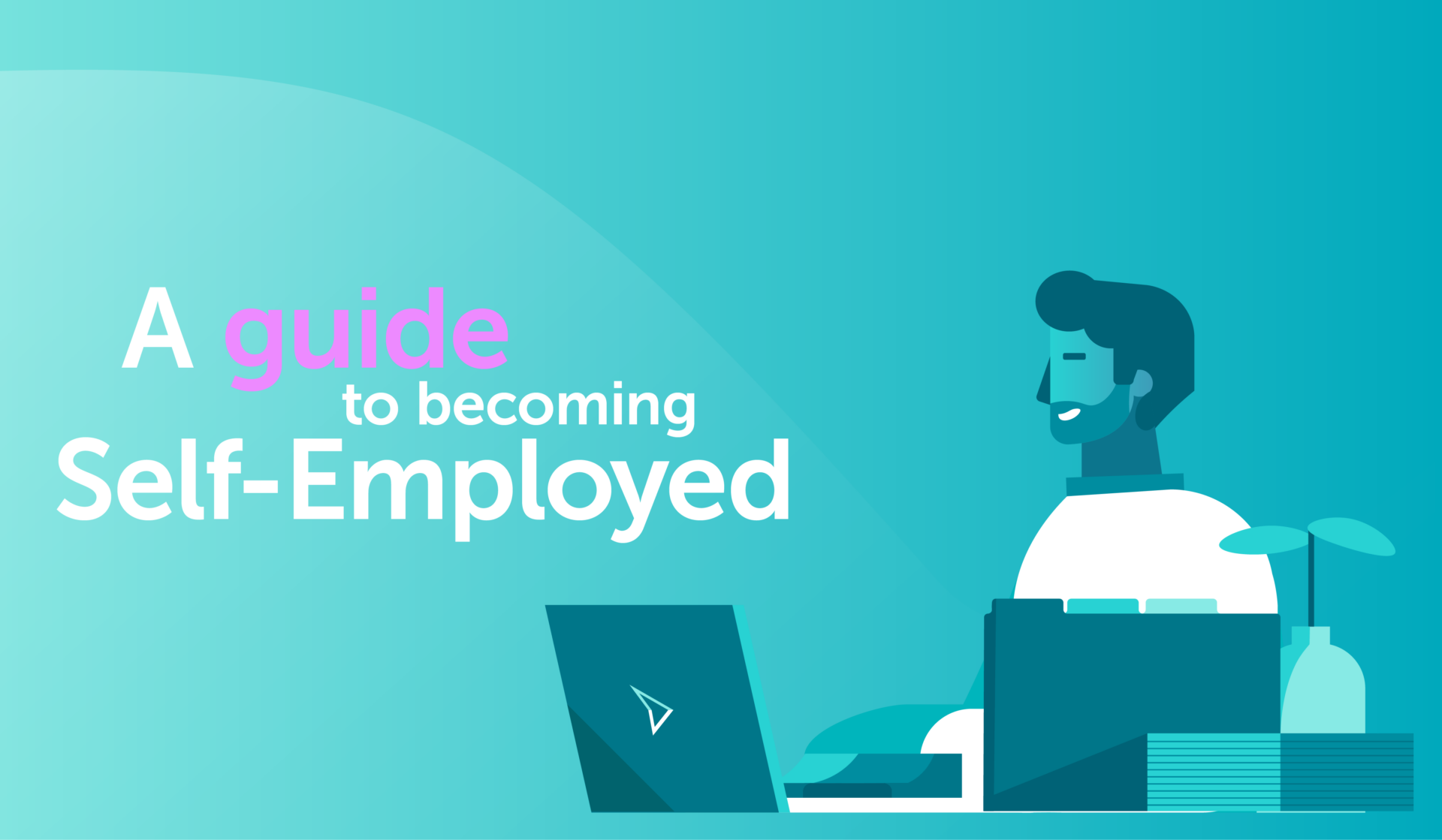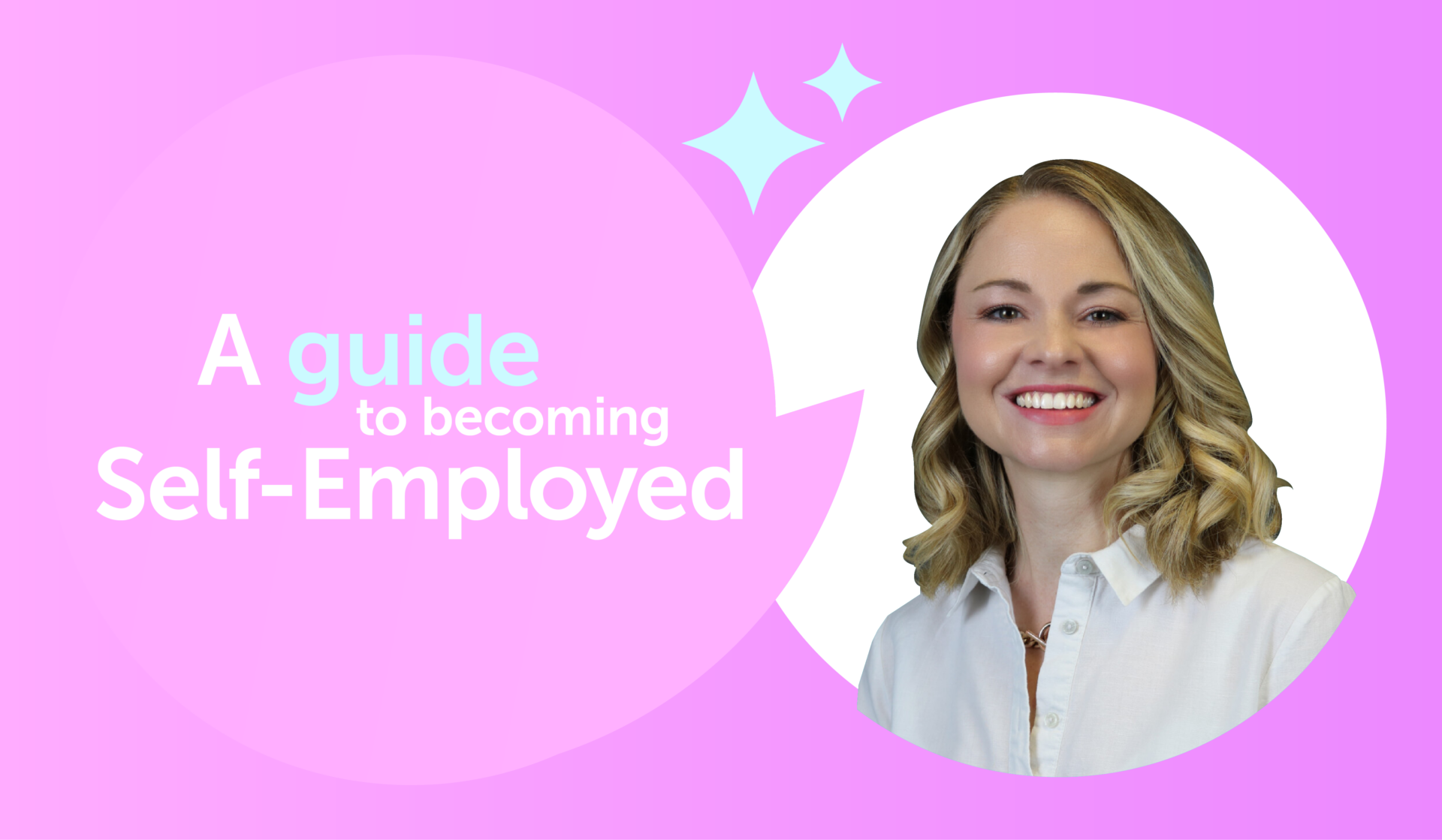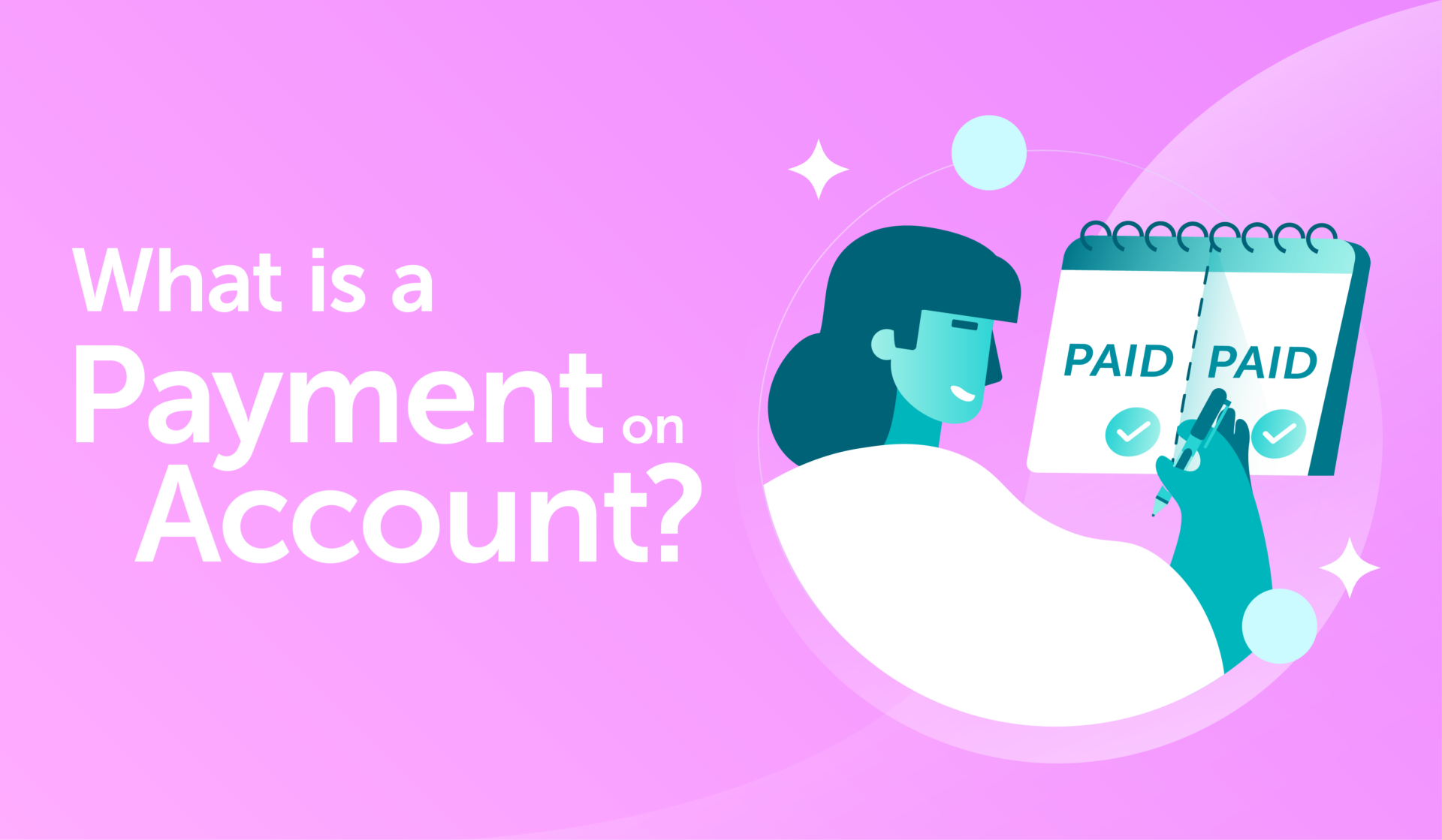
Self-Assessment Tax Returns – What are they and do I need to file one?
What is a tax return?
A self-assessment tax return is an annual return in which you declare any income or gains you received in the previous tax year. The tax year runs from 6th April to the following 5th April. Your tax return must be filed by 31st January following the end of the tax year. For example, your 2023 tax return (for the period 6th April 2022 to 5th April 2023) must be filed by 31st January 2024.
Who needs to file a tax return?
The majority of UK taxpayers will not require a tax return as their income is taxed through the Pay As You Earn (PAYE) system and therefore any tax they owe is deducted via their employer’s payroll.
The most common types of individuals who need to file a tax return are:
- Self-employed (if their turnover is over £1,000) or members of a partnership.
- Landlords (if their rent received is over £1,000).
- High income individuals (Total incomes of over £150,000).
- Those receiving savings interest in excess of their allowances (Savings allowances are based off income – £1,000 for basic rate taxpayers, £500 for Higher rate taxpayers, £0 for additional rate taxpayers).
- Directors of a limited company if you have income which is not taxed under PAYE such as dividend income.
- If you are a non-resident and have taxable income in the UK.
- If you are in receipt of foreign income.
- If you, or your partner, is claiming child benefit and one of you earns over £50,000 per annum.
There are some further reasons you may need to file a return, such as due to a capital gain arising in the year (please note that this is not the case if it is the sale of a residential property as this can be filed on a Capital Gains Tax Return) or to make a claim for an income tax relief. If you are unsure on whether you are required to file a return please do not hesitate to get in touch.
When do I need to register for Self-Assessment
Registration for self-assessment should be completed by 5th October following the end of the tax year in which you meet any of the requirements to file as listed above.
For example, if you became self-employed on 1st August 2023 (within the 2023/24 tax year), you will need to register for self-assessment by 5th October 2024.
HMRC will charge penalties where this deadline is missed.
What are the key dates I need to remember?
If you are required to file a return, there are a few dates you should keep in mind as missing some of these dates may result in penalties or interest being charged.
| Date | Description |
| 31st January | Filing deadline for your previous years tax return. Due date for your balancing tax payment. Due date for your first payment on account (if required). |
| 5th April | The end of the tax year, any income or gains received before this date will fall into the previous tax year and any received after this date will fall into the current tax year. |
| 31st July | Due date for your second payment on account (if required). |
| 5th October (following the end of the tax year) | Due date for notifying HMRC that you are required to file a return. |
| 31st October | Due date for filing your return if you are filing on paper. |
| 30th December | Deadline for requesting HMRC to collect the tax you owe through your tax code (please note this is only available in certain circumstances which are dependent on the amount of tax you are due to pay and your income which is taxed through PAYE). |
What if I no longer need to file a tax return?
If you are no longer required to file a tax return, for example if you are no longer self-employed, you can be deregistered from self-assessment. In order to get deregistered you can call HMRC and explain your change in circumstances.
If you are an Ad Valorem client, we may be able to call HMRC on your behalf and have HMRC deregister you from self-assessment.
If you think you may need to complete a tax return, or have any other enquiries regarding the services we offer please do not hesitate to get in touch: Enquiries@advaloremgroup.uk
What if my tax bill is higher than I expected and I don’t think I can afford to pay?
HMRC charge penalties and interest where payment is not made on time. These penalties increase the later the payment is made. Some of these charges can be avoided should you contact HMRC and make a time to pay agreement with them. In this instance you are able to speak to HMRC regarding what you can afford to pay, and they will offer terms which may better suit your current circumstances such as by making smaller weekly or monthly payments. Unfortunately we are unable to make a time to pay arrangement on your behalf.
Alternatively, we may be able to put you in contact with one of our partners to provide a finance plan to help you make your tax payment on time and in full. Should you be interested in this service please let us know.
If you have any questions regarding self-assessment, please contact us using our details below.
(E) enquiries@advaloremgroup.uk (T) 01908 219100 (W) advaloremgroup.uk
Article written by: Regan Saffhill





